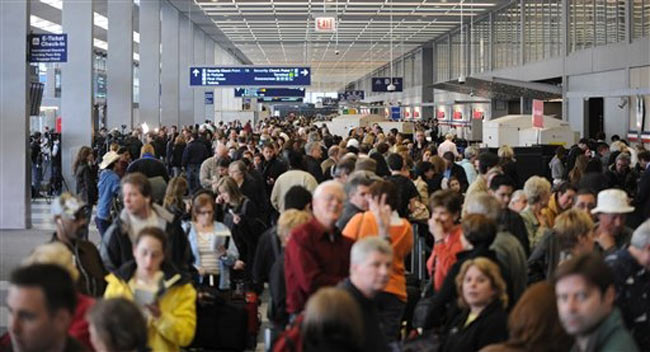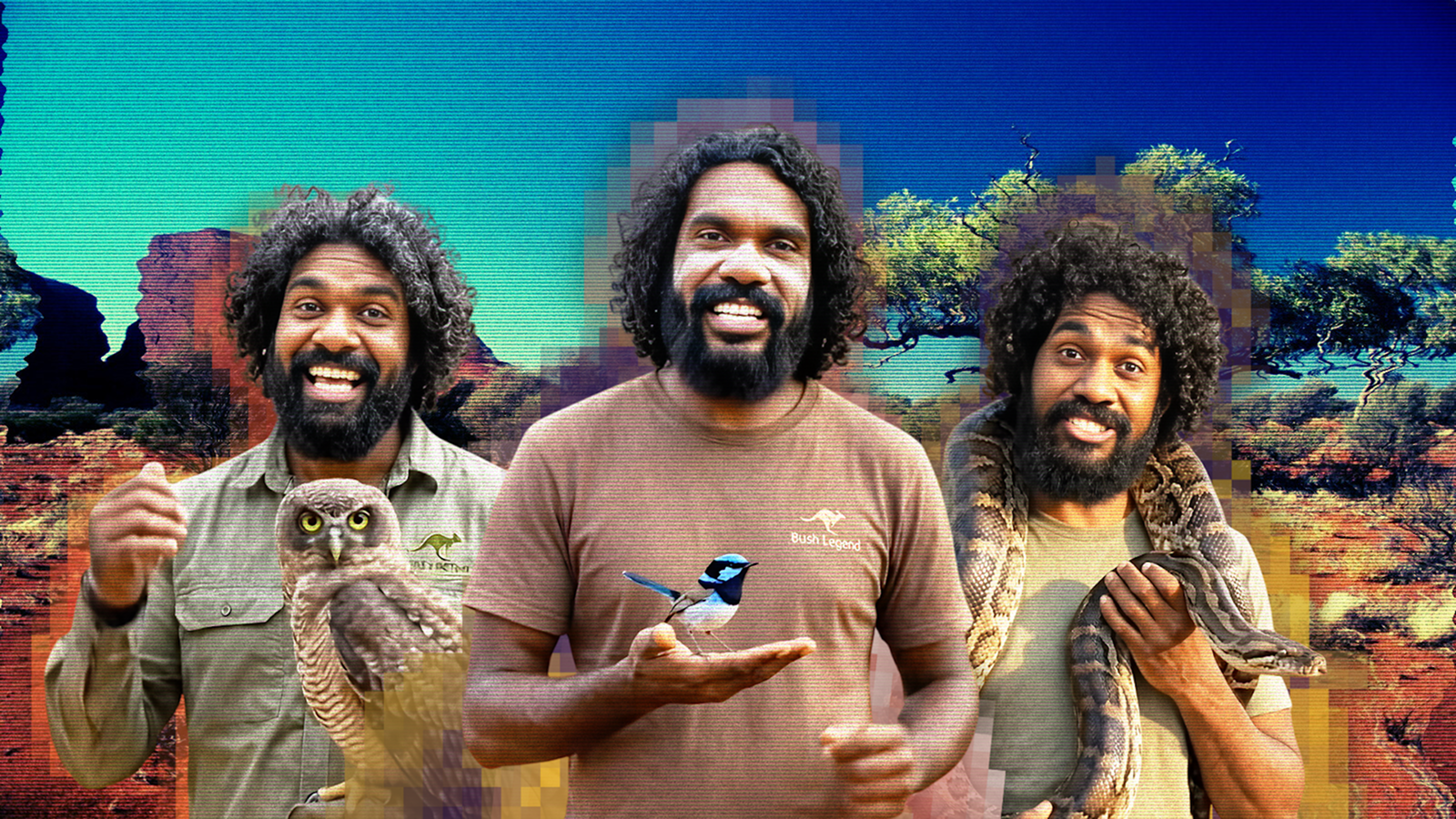Being Human: What a Pain!

Humans are the most intelligent, most capable animals on Earth. But, geez, it sure is hard to be us. Let's start with the human body, that well-oiled machine of anatomy that has been selected over more than 5 million years to operate in just about any environment. But those who actually inhabit a human body know that it's often a real pain, from top to bottom. Take the human skull. Please. Take it. Shaped like a honeydew melon and weighing about the same, the human head is balanced precariously on a clickety-clackety length of natural-bone Legos that undulate in two curves, as if one weren't enough. Any farmer knows you can't put a pumpkin on a length of wavy garden hose and expect it to stay upright. And so we have neck aches and shoulder aches from holding the heaviest feature of our bodies at the top. We also have all sorts of features that allow us to walk upright — a wide pelvis, long legs, strong feet — but anyone who has tramped though a mall for half a day shopping for clothes can attest to the inadequate nature of this system. Our feet hurt, our calves scream and our pelvis just wants to sit down. Human also have flexible hands left over from our tree-living ancestors, but these same hands make us slaves to computers and manicures, and the occasional paper cut. We also have external sex organs that cause endless problems. Ever try to find a bra that actually fits? Or a pants zipper that's safe? Evolution has also selected our species to be a social one, which might sound uplifting in an all-join-hands kind of way, but it's actually one of the most difficult aspects of being human. Every minute of every day we have to track who is doing what to whom, and what that might mean. Because of our need for each other, we spend way too much time with each other, including people we don’t even like. One major mark of our species, the thing that clearly separates us form the apes, is spoken language. Sure, we can talk to each other, express ourselves and such, but at the same time, nothing gets a person in more hot water than talk. Face-to-face, behind their back, whispered, shouted or written, words are our real downfall. Even that most lofty of human traits, our big brain, comes with a major cost. Because of all that gray matter and all those neuronal synapses, we get emotions, and with emotions come trouble. Big Trouble. Love, hate, joy, anger, happiness, depression, excitement, anxiety. What we get is a roller coaster of emotions that takes us for a daily ride up and down and all over. We think and worry about things that are not the least bit under our control, and then we worry some more. It's exhausting and painful being a human being. Next time I want to come back as agile as a monkey, sleek as a dolphin, and silent as a mouse. And I'd like to be as brainless as a lizard.
- Humans: The Strangest Species
- Top 10 Worst Hereditary Conditions
- The Body Quiz: What the Parts Do
Meredith F. Small is an anthropologist at Cornell University. She is also the author of "Our Babies, Ourselves; How Biology and Culture Shape the Way We Parent" (link) and "The Culture of Our Discontent; Beyond the Medical Model of Mental Illness" (link).
Get the world’s most fascinating discoveries delivered straight to your inbox.
 Live Science Plus
Live Science Plus





